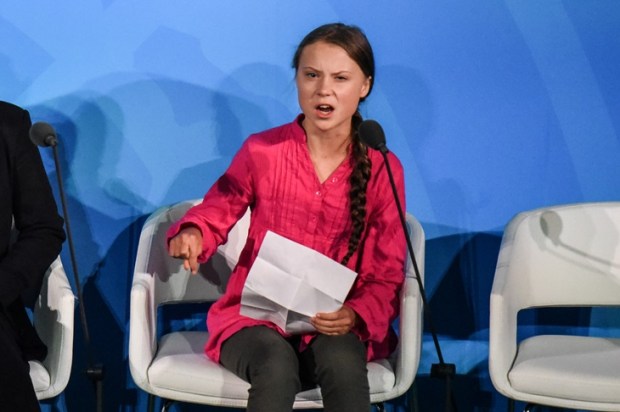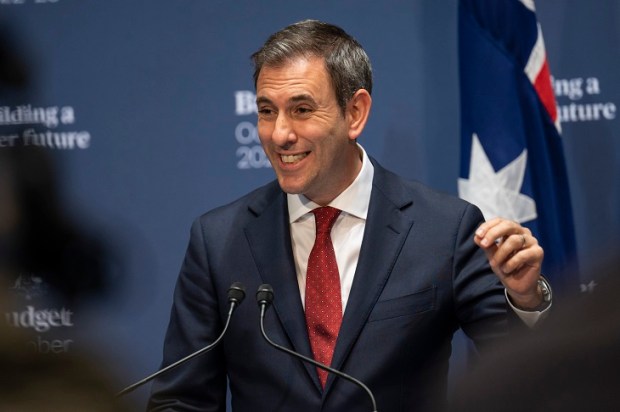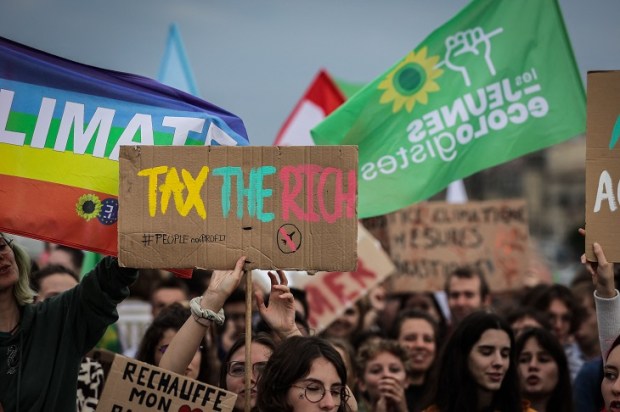Rod Sims, formerly head of the ACCC, advocates a carbon tax as a ‘Pigouvian’ solution to the global damage which he says is being created as a result of burning coal, gas, and oil.
A ‘Pigouvian’ tax is set at a level where the damage from distorting the economy, which any tax inevitably causes, is offset by the rectification that it brings about. Such a tax is generally considered superior to having the government centrally determine measures to redress inadvertent damages resulting from production. This is because it incentivises firms to seek out the cheapest solutions and avoids governmental failures inherent in ‘winner picking’.
Henry Ergas points out that the proposal Rod Sims offers has complexities that he does not examine.
First among these is the extent of any damage from CO2 being releasing by burning fossilised matter buried 350 million years. The burning fossil fuels accelerates a release of these gases that eventually occurs naturally.
There are few reputable estimates of costs from this. Estimates assembled by the Intergovernmental Panel on Climate Change (IPCC) put the eventual total damage at between 0.5 and 4.7 per cent of global GDP. Others maintain that premature release of the buried carbon causes faster plant growth – a likely benefit for human food production that far exceeds any possible costs.
Devising a ‘Pigouvian’ tax requires not only measuring the damage but then estimating the level of tax required. This presents difficulties. These are compounded by the issue at hand (if it exists) being a problem that can only be resolved with a universal adoption of mitigatory policies. The core issue becomes impossible to resolve when, as is presently the case, countries taking serious abatement action represent only 30 per cent of global emissions.
There are many estimates of the tax level which may prevent human-induced CO2 emissions.
At the low end, the notoriously warmist International Energy Agency (IEA) puts the tax for Net Zero at $US75 per tonne of CO2, which equates to a price hike for Australian electricity of around $100 per MWh on top of the $50 per MWh price under the coal-gas-hydro system that previously prevailed. Others put the costs much higher – New Zealand’s Productivity Commission estimated the tax rate to achieve Net Zero could be as high as $A600 per tonne of CO2.
This aside, the idea of tax neutrality entails the carbon tax replacing other, less efficient measures presently in place. These include the renewables targets, subsidies from the government’s Clean Energy Finance Corporation and direct from the budget, as well as myriad measures in place at the state government level.
While wind and solar are described as being low cost, their need for supplementary ‘firming’ when there is little wind or sun and the costly transmission they require, means they depend on subsidies. Twenty years ago, these were sold as temporary measures to give renewables a leg-up and accelerate their economic viability. Their continued lack of competitiveness requires subsidies of at least $7 billion a year. With these, they are driving coal-generated electricity out of the market and have lifted ex-generator electricity prices to levels eight times those previously prevailing.
The present government intends to markedly increase such support, including by spending $20 billion on behalf of the taxpayer and attracting a further $58 billion in private funds on transmission. That level of spending is needed to accommodate the much less dense electricity necessary supply of a renewables-rich system. That alone means a fourfold increase in the electricity grid’s costs.
Hilariously though, Clare Savage, the Australian Energy Regulator is on another page, having just announced a new pricing regime that will deter new private investment in poles and wires. Doubtless, this will be shelved.
It is not clear that Rod Sims accepts that his favoured carbon tax would entail the removal of existing product-specific taxes and regulatory measures. He certainly offers no estimates either of their costs or of the tax that would be necessary to both replace them and to propel us faster down the path that will ‘transition’ us away from fossil fuels.
Australia is far from alone in failing to recognise that government actions against coal and gas (and also nuclear) have caused today’s energy crisis. Instead of unravelling the toxicity of such policies, governments, urged on by some claiming expertise, are doubling-down in seeking to force even greater shares of renewables into the power supply.
This will not end well.
Got something to add? Join the discussion and comment below.
Get 10 issues for just $10
Subscribe to The Spectator Australia today for the next 10 magazine issues, plus full online access, for just $10.


























Comments
Don't miss out
Join the conversation with other Spectator Australia readers. Subscribe to leave a comment.
SUBSCRIBEAlready a subscriber? Log in